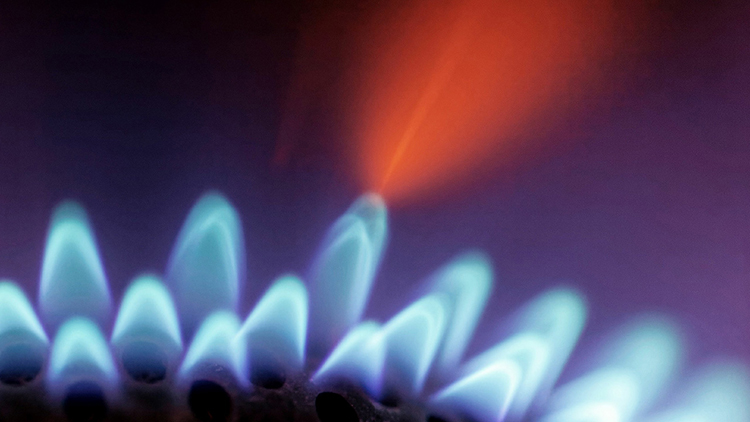Ever since the global community announced its commitment to significantly lower emissions, the future of fossil fuels has often been questioned, with some raising serious doubts about its viability as an energy source for the future. Global conditions and expert opinions prove quite the contrary, especially regarding natural gas. Natural gas is practically the fuel the international community needs to propel itself into creating a low-carbon economy around the world and by almost all accounts, it will be an integral part of a low-carbon economy once it is fully established. Though climate goals have always been ambitious, an element of realism is required for the energy transition to become a complete success.
As the global economy stands now, fossil fuels are still the primary product that provides economies all over the world with their essential needs. This is especially true for developing economies where renewable energy technologies still have not been established on firm ground. All economic indicators have pointed to surging demand for natural gas for the coming period, especially in major global markets.
“Europe’s and Asia’s LNG regasification capacity is expected to increase dramatically by 2025. Following Russia’s invasion of Ukraine, the 2022 energy crisis in Europe motivated investors to support the construction of regasification infrastructure for non-Russian gas supply. Compared to the previous 10 years, the rate of new approvals for liquefaction capacity has doubled since the Russian invasion,” it said in an April 2024 study titled “The Future of Natural Gas in a Low-Carbon World” published by the EFI Foundation.
By all accounts, there is consensus that natural gas is a viable traditional substitute, quite possibly the only other option, to other fossil fuels to generate the renewable energy needed to power a low-carbon economy.
“Natural gas can also address energy equity and affordability issues. Natural gas has been an essential component of lowering the cost of decarbonization by complementing intermittent renewable energy generation from wind and solar. Natural gas can be used in key industrial processes, ensuring the affordability and competitiveness of a country’s industrial sector, while lowering emissions of CO2 and other pollutants. These roles of natural gas, while country-specific, have made it a key enabler of global and regional energy security and economic growth while offering reliable and generally affordable energy,” it said in the EFI Foundation study.
As an economic powerhouse that has consistently proven its reliability, natural gas will be playing an essential role in the industrial and manufacturing sectors and will continue to do so even in low-carbon carbon economies. This will especially be the case in the US well into 2050.
“Given the complex value chain of critical industrial manufacturing sectors, the value to national economies and jobs, and the lack of current commercialized, deployed, and affordable technologies for high-heat electrification of a significant percentage of industrial processes, it is likely that natural gas will continue to play a major role in the U.S. industrial sector. The industrial decarbonization road map from the U.S. Department of Energy (DOE), for example, shows that even in 2050, natural gas will continue to account for a large share of the energy consumption of key, albeit carbon-intensive, industrial subsectors,” it said in the EFI Foundation study.
Though natural gas is here to stay for the foreseeable future, especially in a low-carbon economy, innovations need to be explored to ensure that the natural gas supply chain is completely decarbonized in all its components.
“Governments, international bodies, and industry initiatives have put varying emphasis on natural gas as a strategy for meeting energy security, energy equity, and environmental sustainability goals, but substantial tasks remain. Major consumers of LNG in Europe and Asia are concerned about the reliability and affordability of LNG. Many countries have committed to net-zero emissions goals, but emissions from the natural gas supply chain have not decreased significantly,” according to the study.
Though policies may be successful in pulling people in the right direction to make the decisions to give natural gas its rightful place in the world’s low-carbon future, it is really scientific inquiry and research that can build the symbiosis that the world needs to exist between natural gas and emissions reduction ambitions. For these innovations to materialize, the international community must demonstrate a better commitment to ensuring greater bonds and stronger partnerships to facilitate the unfettered free flow of ideas from experts around the world. Natural gas is not only the key to sustaining a low-carbon economy but remains an essential element to build the bridges that we need to fully realize global sustainability.








